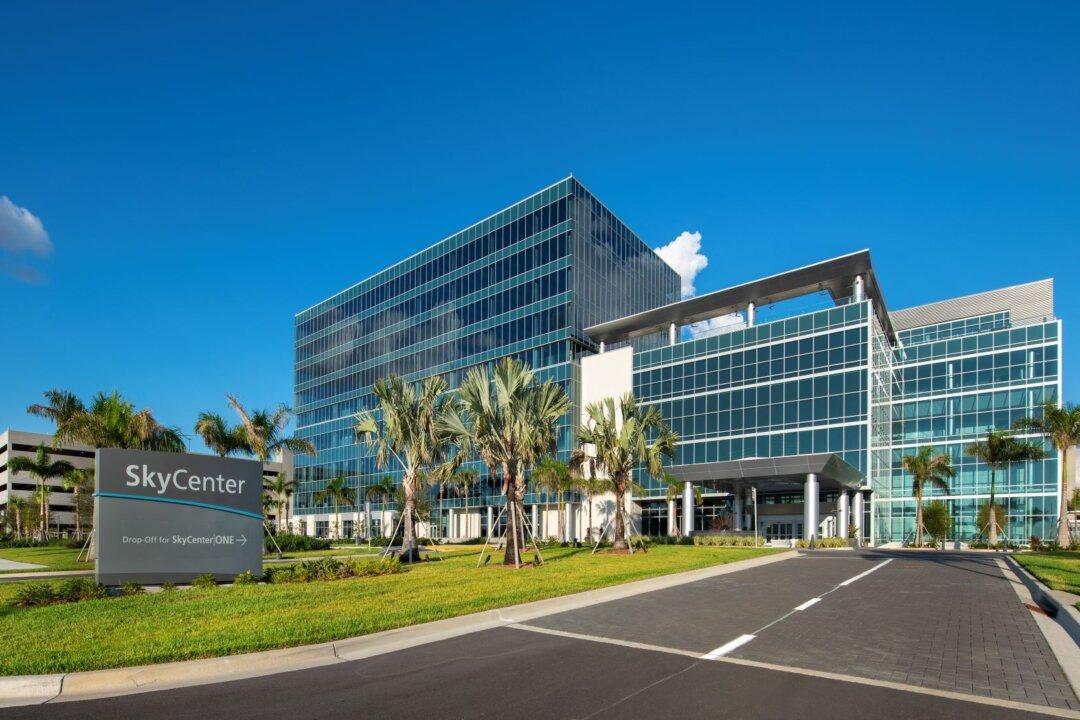Florida tech entrepreneurs Linda Olson and Brian Murphy, independently but together in spirit, faced a giant obstacle 15 years ago: they sought to start and quickly grow tech organizations in Tampa, a city on Florida’s Gulf Coast known more for cigars and Cuban sandwiches than gigabytes and cloud-based software.
And in the business community, Tampa was most prominently known for the important, albeit boring backstop any company needs—call centers.
